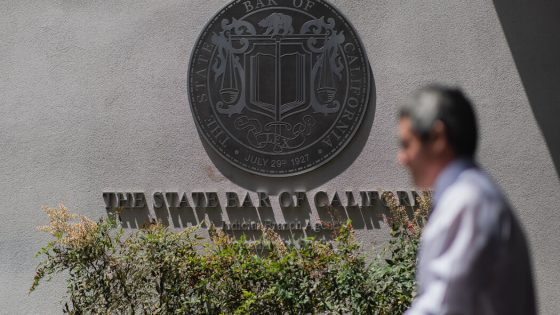In a significant political shift, Jefferson Griffin has conceded the North Carolina Supreme Court race, marking the end of a contentious electoral battle. This decision comes as a relief to many, as it concludes an unprecedented effort to overturn election results. On May 7, 2025, Griffin’s concession was widely reported, reflecting the evolving landscape of judicial elections in the U.S.
- Jefferson Griffin concedes NC Supreme Court race
- Unprecedented effort to overturn election ends
- Reactions from Republicans and Democrats noted
- Coverage from multiple news outlets provided
- Judge Myers highlighted as a positive example
The North Carolina Supreme Court race has drawn national attention, highlighting the polarization between Republicans and Democrats. Griffin’s defeat signals a crucial moment for judicial appointments and the balance of power in state courts. As the dust settles, many are left wondering: what does this mean for future judicial elections across the country?
This election outcome raises important questions about the integrity of judicial processes and the role of political influence. How will this concession affect future races? Will it encourage more transparency in judicial elections? Consider these points:
- Griffin’s concession may restore faith in electoral integrity.
- The outcome could influence future judicial nominations nationwide.
- Political parties may reassess their strategies in judicial races.
As we look ahead, it is crucial for voters to stay informed about judicial elections. Engaging in these races can shape the future of our legal system and ensure that justice remains impartial.




























